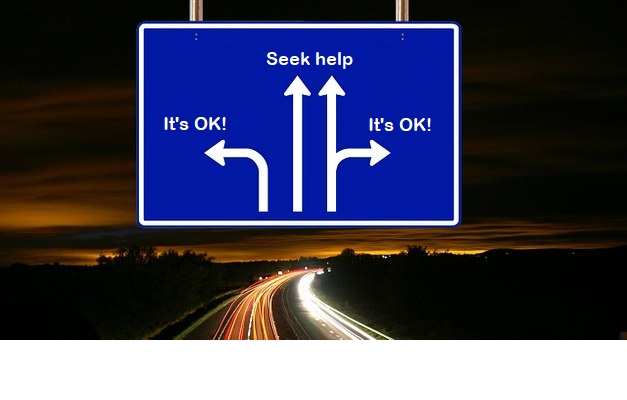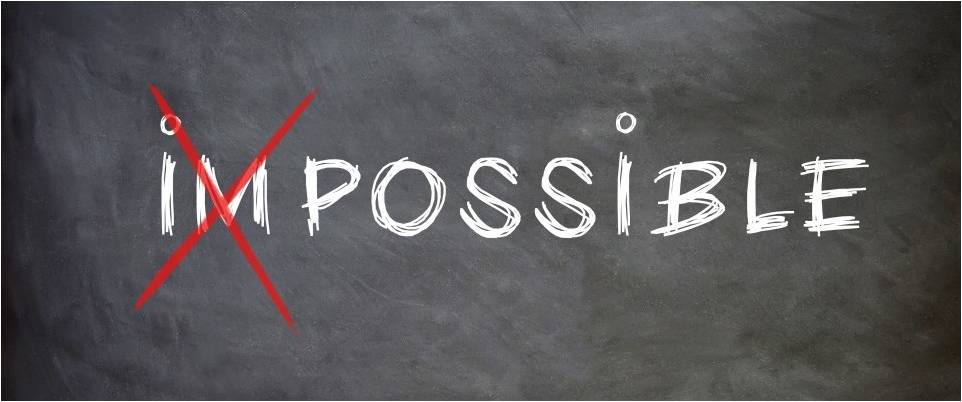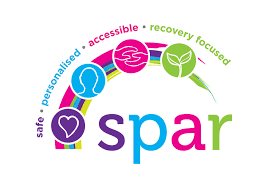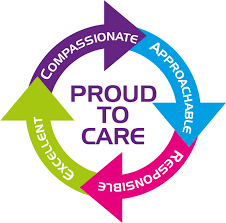Bipolar Disorder

Information
Bipolar disorder, previously known as ‘manic depression’, is a condition that affects your moods, which can swing from one extreme to another.
Select the underlined questions below to see more.
Before moving into the very important information to support the condition of Bipolar we felt that it was important to highlight the Bipolar UK Mood Tracker app which can make it much easier to record your family member/ friends daily mood, medications, emotions and how much sleep they have had, therefore helping them to:-
- Track their mood and sleep patterns
- Spot any early warning signs of a relapse
- Collect data to share with their family and healthcare team
Download the ‘Bipolar UK Mood Tracker app’ on your phone or tablet via the Apple Store or GooglePlay
Bipolar disorder is characterised by extreme mood swings. These can range from extreme highs (mania) to extreme lows (depression). Episodes of mania and depression often last for several weeks or months.
Mania
The manic phase of bipolar may include:-
- Feeling very happy, elated or overjoyed
- Talking very quickly
- Feeling full of energy
- Feeling self-important
- Feeling full of great new ideas and having important plans
- Being easily distracted
- Being easily irritated or agitated
- Being delusional, having hallucinations and disturbed or illogical thinking
- Not feeling like sleeping
- Not eating
- Doing things that often have disastrous consequences – such as spending large sums of money on expensive and sometimes unaffordable items
- Making decisions or saying things that are out of character and that others see as being risky or harmful
Depression
During a period of depression, your symptoms may include:-
- Feeling sad, hopeless or irritable most of the time
- Lacking energy
- Difficulty concentrating and remembering things
- Loss of interest in everyday activities
- Feelings of emptiness or worthlessness
- Feelings of guilt and despair
- Feeling pessimistic about everything
- Self-doubt
- Being delusional, having hallucinations and disturbed or illogical thinking
- Lack of appetite
- Difficulty sleeping
- Waking up early
- Suicidal thoughts
If you have bipolar disorder, you may have episodes of depression more regularly than episodes of mania, or vice versa. Between episodes of depression and mania, you may sometimes have periods where you have a ‘normal’ mood.
The patterns are not always the same and some people may experience:
- Rapid cycling – where a person with bipolar disorder repeatedly swings from a high to a low phase quickly without having a ‘normal’ period in between.
- Mixed state – where a person with bipolar disorder experiences symptoms of depression and mania together; for example, over activity with a depressed mood
If your mood swings last a long time but are not severe enough to be classed as bi-polar disorder, you may be diagnosed with a mild form of bipolar disorder called cyclothymia.
Bipolar disorder is a condition of extremes. A person with the disorder may be unaware they are in the manic phase. After the episode is over, they may be shocked at their behaviour. But at the time, they may believe other people are being negative or unhelpful.
Some people with bipolar disorder have more frequent and severe episodes than others. During episodes of mania and depression, someone with bipolar disorder may experience strange sensations, such as seeing, hearing or smelling things that are not there (hallucinations). They may also believe things that seem irrational to other people (delusions). These types of symptoms are known as psychosis or psychotic episode.
The extreme nature of the condition means staying in a job may be difficult and relationships may become strained. There is also an increased risk of suicide. Although it is usually a long-term condition, effective treatments for bipolar disorder, combined with self-help techniques, can limit its impact on your everyday life.
The exact cause of bipolar disorder is unknown. Experts believe there are a number of factors that work together to make a person more likely to develop it.
There is thought to be a complex mix of physical, environmental and social factors.
Chemical imbalance in the brain
Bipolar disorder is widely believed to be the result of chemical imbalances in the brain. The chemicals responsible for controlling the brain’s functions are called neurotransmitters, and include noradrenaline, serotonin and dopamine. There is some evidence that if there is an imbalance in the levels of 1 or more neurotransmitters, a person may develop some symptoms of bipolar disorder.
For example, there is evidence that episodes of mania may occur when levels of noradrenaline are too high, and episodes of depression may be the result of noradrenaline levels becoming too low.
Genetics
It is also thought bipolar disorder is linked to genetics, as it seems to run in families. The family members of a person with bipolar disorder have an increased risk of developing it themselves.
But no single gene is responsible for bipolar disorder. Instead, a number of genetic and environmental factors are thought to act as triggers.
A stressful circumstance or situation often trigger the symptoms of bipolar disorder.
Examples of stressful triggers include:
- The breakdown of a relationship
- Physical, sexual or emotional abuse
- The death of a close family member or loved one
These types of life-altering events can cause episodes of depression at any time in a person’s life.
Bipolar disorder may also be triggered by:-
- Physical illness
- Sleep disturbances
- Overwhelming problems in everyday life, such as problems with money, work or relationships
If you believe your relative/friend may have characteristics of bipolar disorder we recommend in the first instance that they make an appointment with their GP who will assess their condition.
Diagnosis
If their GP thinks they may have bipolar disorder, they will usually refer you to a psychiatrist, a doctor who specialises in mental health problems.
It is rare to have a first episode in later life and physical health causes would be ruled out first. If your illness puts you at risk of harming yourself, your GP will arrange an appointment immediately.
Specialist assessment
They’ll be assessed by the psychiatrist at their appointment. They will ask a few questions to find out if they have bipolar disorder. If they do, they will decide what treatments are most suitable.
During the assessment, they will be asked about their symptoms and when they first experienced them.
The psychiatrist will likely ask about how they feel leading up to and during an episode of mania or depression, and if they have thoughts about harming yourself. They will want to know about their medical background and family history, especially whether any of their relatives have had bipolar disorder. If someone else in their family has the condition, the psychiatrist may want to talk to them. But they will ask for their agreement before doing so.
Other tests
Depending on their symptoms, they may also need tests to see whether they have a physical problem, such as an underactive or overactive thyroid.
If they have bipolar disorder, they’ll need to visit their GP regularly for a physical health check. If they are under a Community Mental Health Team, they will complete checks.
Treatment
Treatment for bipolar disorder aims to reduce the severity and number of episodes of depression and mania to allow as normal a life as possible.
If a person is not treated, episodes of bipolar-related mania can last for between 3 and 6 months, episodes of depression tend to last longer – often 6 to 12 months. But with effective treatment, episodes usually improve within about 3 months.
Most people with bipolar disorder can be treated using a combination of different treatments.
These can include 1 or more of the following:
- Medicine to prevent episodes of mania and depression – these are known as mood stabilisers, and you take them every day on a long-term basis
- Medicine to treat the main symptoms of depression and mania when they happen
- Learning to recognise the triggers and signs of an episode of depression or mania
- Psychological treatment – such as talking therapies, which help them deal with depression and provide advice on how to improve relationships
- Lifestyle advice – such as doing regular exercise, planning activities they enjoy that give them a sense of achievement, and advice on improving their diet and getting more sleep
Most people with bipolar disorder can receive most of their treatment without having to stay in hospital. But hospital treatment may be needed if their symptoms are severe or they’re being treated under the Mental Health Act, as there is a danger they may self-harm or hurt others.
Medicines for bipolar disorder
Several medicines are available to help stabilise mood swings.
These are commonly called mood stabilisers and include:
- Lithium (this requires regular blood tests for monitoring)
- Anticonvulsant medicines
- Antipsychotic medicines
If they are already taking medicine for bipolar disorder and they develop depression their GP will check they are taking the correct dose. If they’re not, they will change it.
Episodes of depression are treated slightly differently in bipolar disorder, as taking antidepressants alone may lead to a relapse.
Most guidelines suggest depression in bipolar disorder can be treated with just a mood stabiliser, but anti-depressants are commonly used alongside a mood stabiliser or antipsychotic.
If their GP or psychiatrist recommends they stop taking bipolar disorder medicine, the dose should be gradually reduced over at least 4 weeks, and up to 3 months if they’re taking an antipsychotic or lithium.
If they have to stop taking lithium for any reason, talk to the GP about taking an antipsychotic or valproate instead.

Coping with
Although bipolar disorder is usually a long-term condition, effective treatments combined with self-help techniques, can limit its impact on your everyday life.
The following buttons are self-help suggestions

Finding help
What can you do?
- Talk to Community Mental Health team
- Talk to Early intervention team
- Talk to Crisis services
Select the underlined topics below to view what resources are available.

Getting more help
If you haven’t already found the help you’re looking for, you can find additional information and services which are more interactive here.














 Having suicidal thoughts is a common depressive symptom of bipolar disorder. Without treatment, these thoughts may get stronger.
Having suicidal thoughts is a common depressive symptom of bipolar disorder. Without treatment, these thoughts may get stronger.